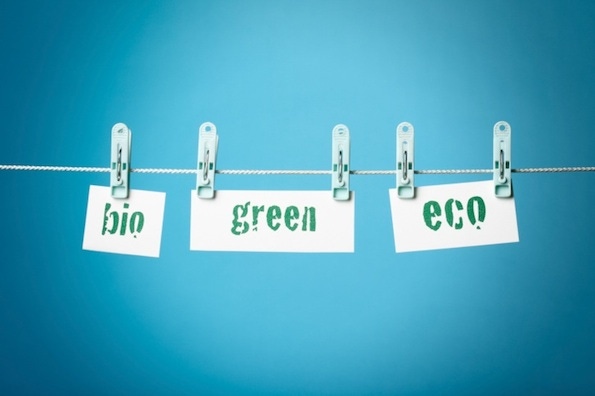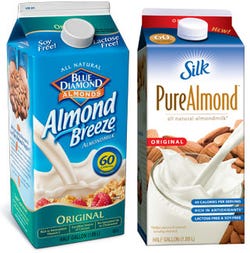
Food and beverage cartons are getting a greener reputation as recycling opportunities grow.
The number of households that can recycle food cartons increased over the last three years from 18 percent to more than 40 percent, the Carton Council of North America reported this week.
 The council is a coalition of carton manufacturers that has joined together in 2009 to increase recycling options by working with manufacturers, mills, municipalities and consumers. Member Tetra Pak, for instance, has made design revisions to improve its green factor by revising design for recyclability.
The council is a coalition of carton manufacturers that has joined together in 2009 to increase recycling options by working with manufacturers, mills, municipalities and consumers. Member Tetra Pak, for instance, has made design revisions to improve its green factor by revising design for recyclability.
“In these budget-strapped times, the private sector is increasingly identifying solutions and ways to help the public sector meet its sustainability goals,” said Jason Pelz, Tetra Pak North America vice president, environment, via press release. Also the vice president of recycling projects for the council, he added, “Our work through the Carton Council is a great example of how business competitors can find common ground and work together to solve big challenges, which in our case is the lack of access to recycle what we know is a very environmentally friendly package—the carton.”
Certainly that’s the feeling of many natural foods consumers, who find broths, milks, juices and more and more products on their local store’s shelves packaged in the familiar square paper packages. But for many, sustainability questions arise when they learn the empty cartons are “not recyclable.” They are, but not all processors can handle the wax lining in packages such as your typical milk carton.
Thankfully the Carton Council is working through recycling challenges with broad-based solutions.
Retailers can help the effort too. Make sure you know the rules in your community and share the knowledge with your customers. If your city doesn’t accept food and beverage cartons, perhaps your company can lobby for local change.
The website includes a great interactive map to track rules in your community. Thankfully, I learned through the site, that my once-denied empty almond and coconut milk containers may now be added to my curbside recycling bin.
Keeping up with the rules can be a challenge, help your customers and they’ll see the greener side of your store and the products you carry.
About the Author(s)
You May Also Like




